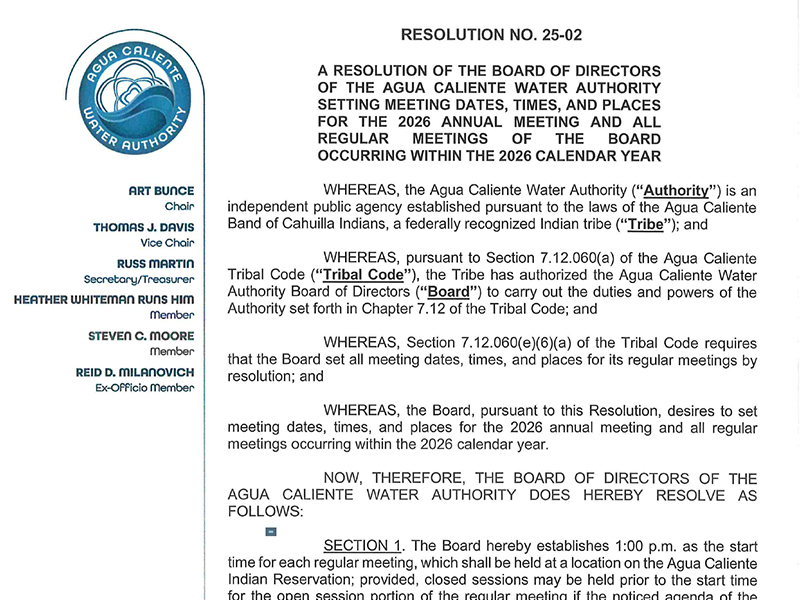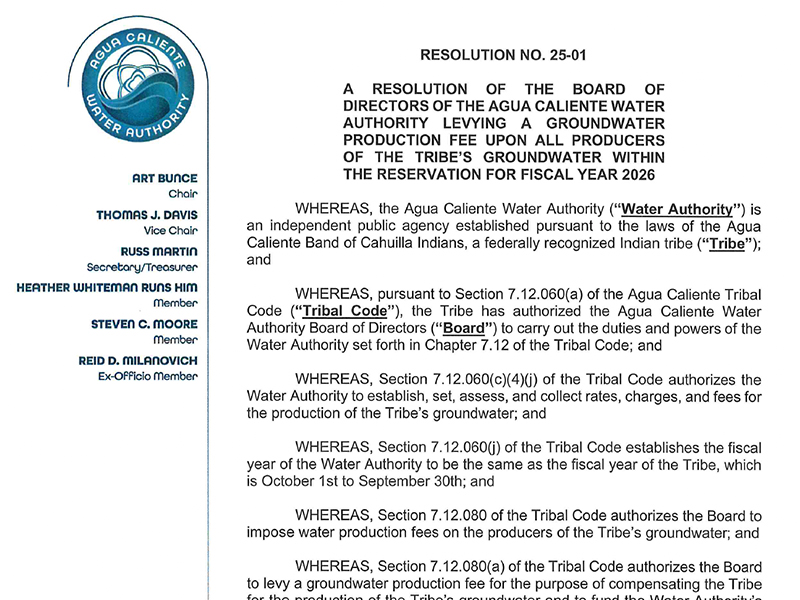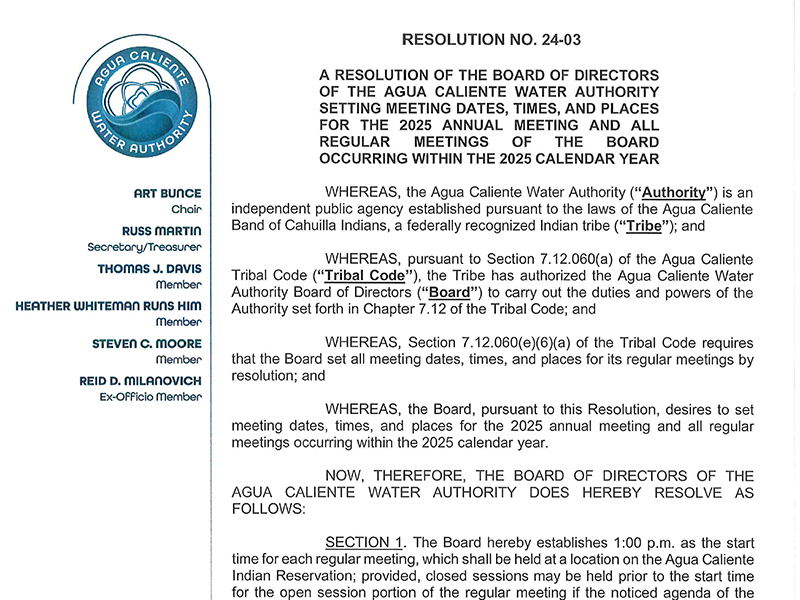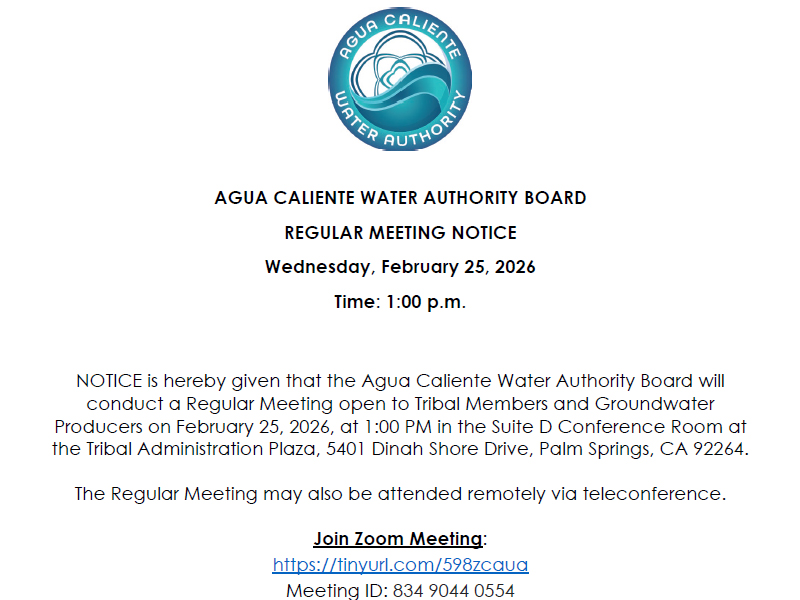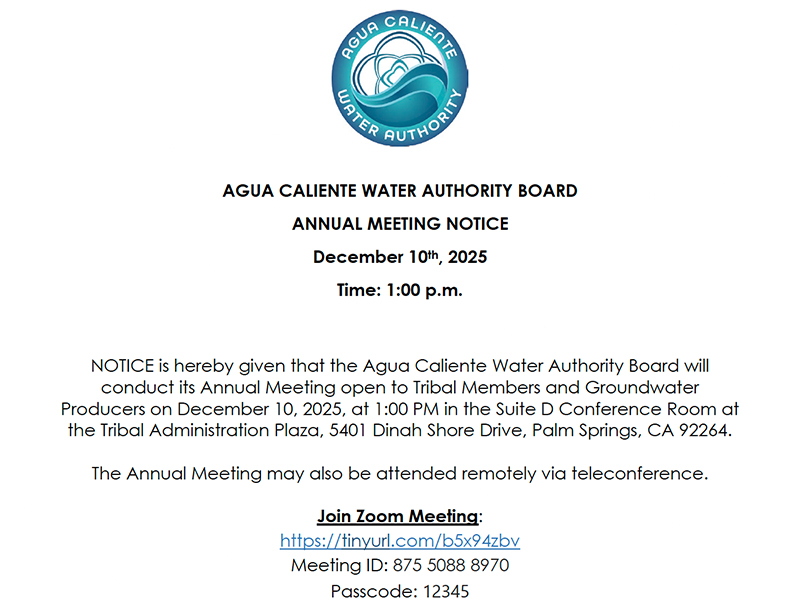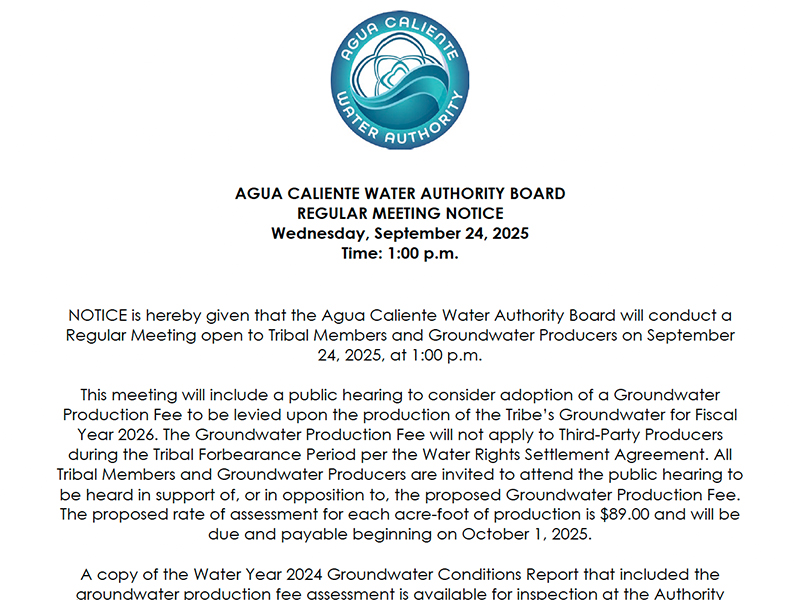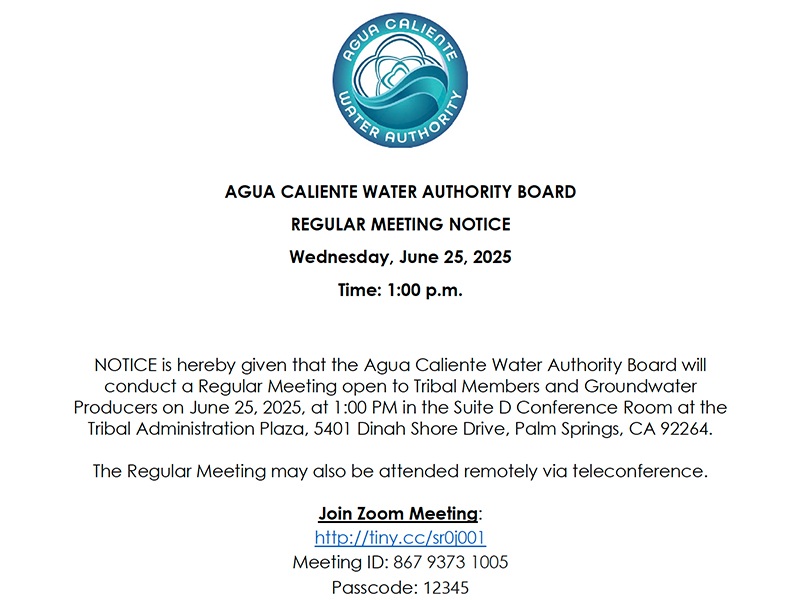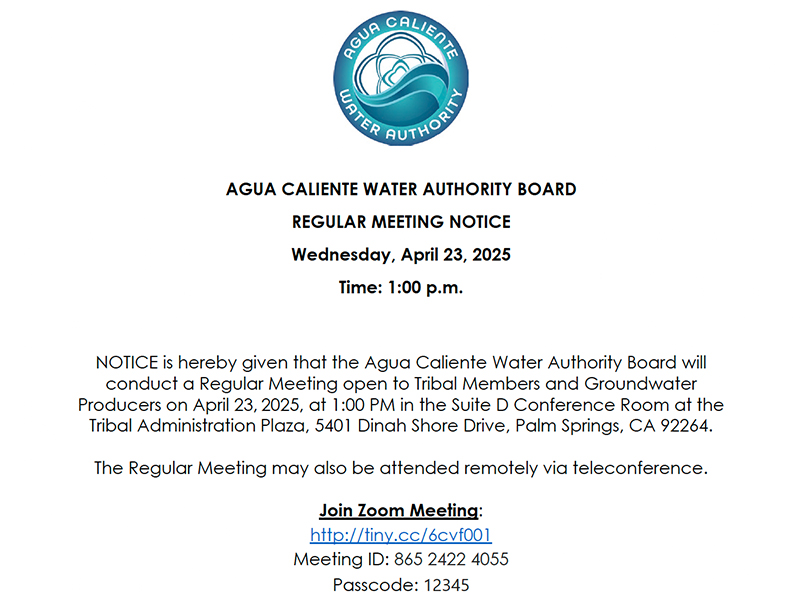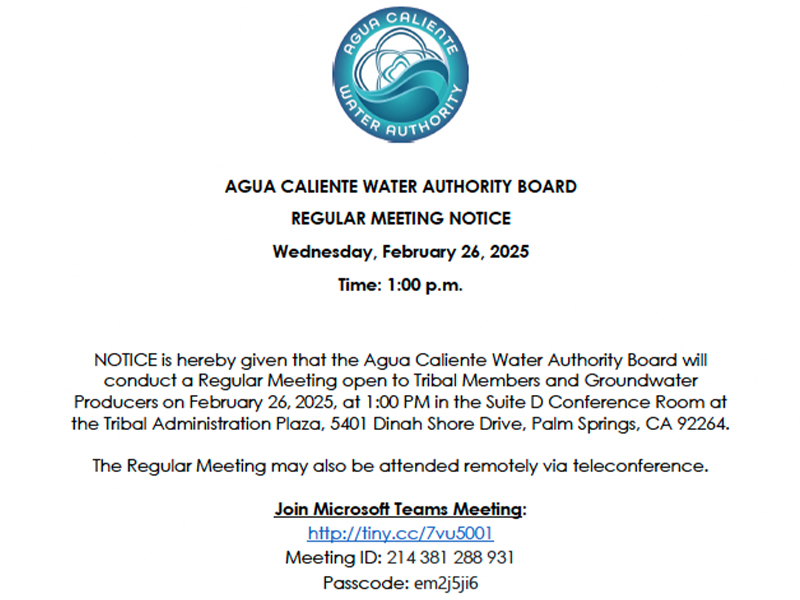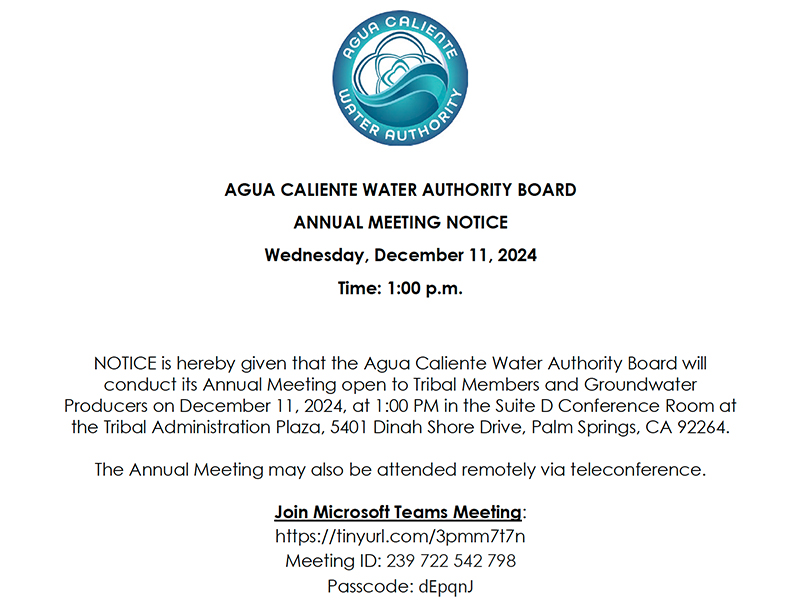ART BUNCE
Art Bunce has served as a tribal attorney for the Agua Caliente Band of Cahuilla Indians since 1978, handling legal matters on land use, jurisdiction, taxation, establishment of gaming prior to state compact, water and sovereignty.
In 1983, he began working as tribal attorney for the Barona Band of Mission Indians in San Diego County, handling legal matters, including sovereignty, tribal use of groundwater, and establishment of gaming.
In 2017, Mr. Bunce began serving as Associate Special Water Counsel for San Luis Rey Indian Water Authority, which concluded 48 years of water rights litigation in 2017 with favorable settlement by Congress. He currently managing relations with San Diego County Water Authority and others and is assisting in the formation of Groundwater Sustainability
Steven C. Moore
Moore is a 1979 graduate of the University of Colorado School of Law. He began his legal career as a Vista Volunteer helping to establish the Indian Law Unit of Idaho Legal Services. Moore joined the Native American Rights Fund in 1983 as a staff attorney, where he's represented Indian tribes in litigating federal Indian reserved water rights in federal and state courts in Idaho, California, and Kansas; in the Congressional approval of the settlement of reserved water rights; in the protection of Native American sacred lands in Montana, Hawaii, Wyoming, Texas, and California; in the repatriation of human remains from museums in Colorado and Nebraska; in the possession of and religious use of peyote by members of the Native American Church; in the rights of Native prisoners in Utah, Idaho, and California to wear traditional long hair, possess religious articles, and have access to sweat lodges and Native spiritual leaders; in the right of Native students to wear eagle feathers at public high school graduations in California, North Dakota, and North Carolina, and to wear long hear in public schools in Louisiana;
in the enforcement of the federal trust responsibility in the areas of oil and gas production on Indian lands in Oklahoma and in the delivery of Indian health care in Montana; and in the right of reindeer herders in Alaska to sell reindeer products free of federal income taxation.
In May of 2016 Moore received an Honorary Order of the Coif award from his alma mater, Colorado Law, for his service to Indian Country and to the Indian Law Program at the law school.
Moore is also the 2008 recipient of the Pierce-Hickerson Award from the National Legal Aid and Defender Association of Washington, D.C. The award honors outstanding contributions to the advancement and preservation of Native American rights. Moore established the Indigenous Peacemaking Initiative at NARF a decade ago.
Moore also has been appointed by three lieutenant governors to serve on the Colorado Commission of Indian Affairs. He also served on the Advisory Committee to the Indian Law Clinic at Colorado Law.
Heather Whiteman Runs Him
Heather Whiteman Runs Him is a citizen of the Crow (Apsaalooke) Tribe of Montana. She currently serves as Director of the Tribal Justice Clinic and Associate Clinical Professor at the Rogers School of Law at University of Arizona in Tucson. Heather’s teaching and research focuses on tribal water rights and water governance, Indigenous Peoples’ rights and international human rights, tribal law, and tribal legal institutions. Heather previously worked as a senior staff attorney at the Native American Rights Fund in Boulder, Colorado, focusing on tribal water rights, natural resource and sacred site protection, and international legal advocacy on the rights of indigenous peoples. Prior to working at NARF, Heather served as Joint Lead Counsel for the Crow Tribe of Montana, where she oversaw a wide variety of legal issues and worked to secure federal and tribal ratification of the Crow Water Rights Settlement. Heather also practiced in New Mexico as an Assistant Public Defender, and additionally worked as an associate attorney in private practice, serving tribal governmental clients on a wide variety of issues.
Heather received her Juris Doctorate from Harvard Law School. She received her B.A.F.A. with high honors in Art History, and with honors in Studio Art from the University of New Mexico in Albuquerque, and her A.F.A. from the Institute of American Indian Arts in Santa Fe, New Mexico. She currently serves on the Arizona Advisory Committee on Civil Rights and is a judge for the Southwestern Intertribal Court of Appeals. She is admitted to practice before the state bar of New Mexico, and several federal trial and appellate courts.
THOMAS J. DAVIS, AICP
Mr. Davis recently retired as the Chief Planning and Development Officer for the Agua Caliente Band of Cahuilla Indians in Palm Springs. Prior to working for the Tribe, Mr. Davis was a partner in two consulting firms over a fourteen-year period serving cities, counties and real estate development companies. His past public experience includes over two years with the City of Chula Vista Planning Department, Planning Commissioner of the City of Coronado, and several appointments with the City of San Clemente. Mr. Davis presently sits on the Board of One Future Coachella Valley, recently appointed to the City of Prescott Board of Adjustments and Industrial Development Authority; and he is an emeritus member of the California Planning Roundtable. Mr. Davis previously served on the Colorado River Regional Water Quality Control Board under three governors of California. Mr. Davis has extensive experience with multi-discipline, complex land planning projects.
Mr. Davis was the principal planning executive for the Tribe for almost three decades. The Reservation covers 32,000 acres over four local jurisdictions (Palm Springs, Cathedral City, Rancho Mirage, and the County of Riverside). This federally recognized Indian Tribe has many challenges and opportunities. Mr. Davis’ position included coordination and development of all projects occurring on Tribal land and as a local government liaison, monitoring community development that affects Tribal land. Reporting directly to the Tribal Council, his department oversaw Tribal economic development, cultural resource protection, environmental review, land acquisitions and land use management.
Mr. Davis received his Bachelor’s Degree in Landscape Architecture at California State Polytechnic University. He has completed postgraduate coursework in real estate development and received his MA in Education from California State University San Bernardino. Mr. Davis is certified by the American Institute of Certified Planners and past volunteer activities have included serving as President of a Chamber of Commerce, Guide Dogs of the Desert and a Boys and Girls Club.
Russ Martin
Russ Martin was elected to the Board of Directors of Mission Springs Water District in 2010, serving three terms as President and four terms as Vice President. He has served the Desert Hot Springs area for many years, including serving as President of Cabot’s Pueblo Museum Foundation, the Past Chairman of the Desert Hot Springs Redevelopment Agency Oversight Board, the Past Chairman of the Desert Hot Springs Public Safety Commission and as an Alternate Riverside Countywide Oversight Board Member and representative for 5th District County Supervisor on two separate Committees. Mr. Martin is also retired from his law enforcement career.



